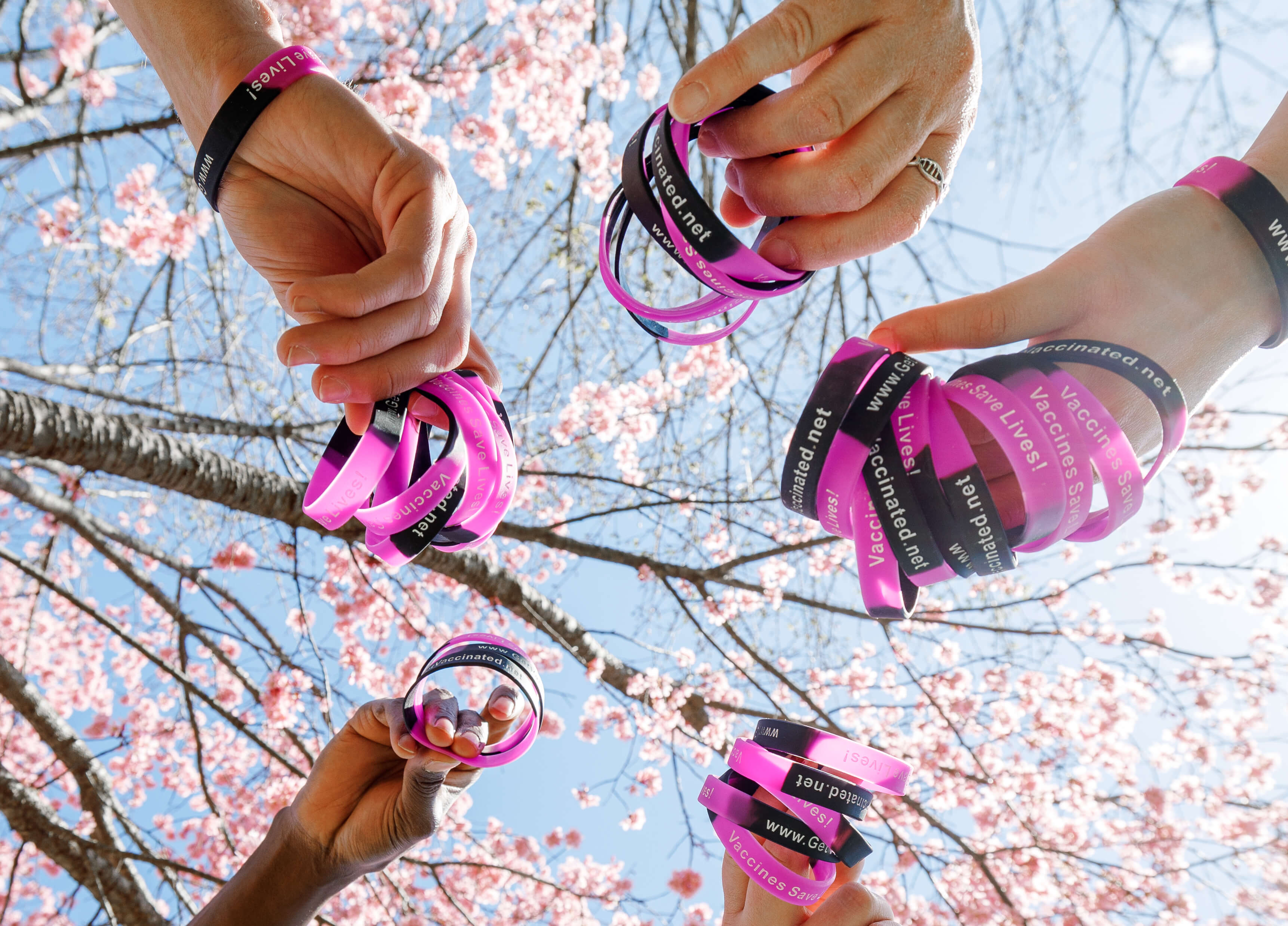
Professor collaborates with students to research vaccine hesitancy
June 23, 2021

June 23, 2021

Motivating students to get excited about research is the main reason she joined the Quinnipiac biological sciences faculty in 2006, leaving her post as director of the organ transplant lab at Yale University School of Medicine.
She mentors 15 to 20 students over the course of a year. Currently, most are assisting with her continuing research on vaccine hesitancy and misinformation about vaccines in the news and on social media.
“Regardless of the project, the students explore a topic and come up with a hypothesis, and then get to collect data to test that hypothesis. Part of my job as their mentor is to help them develop a hypothesis that is testable and reasonable, for example one student came to me wanting to do a Masters’ thesis to find a cure for cancer, so we worked to adapt the project into something achievable and they ended up testing the efficacy of Manuka honey on MRSA.” she says.
“I tell them, ‘You could be the first person on the planet to know the answer to something!’”
Cuchara recently shared her knowledge about vaccines during four webinar discussions open to the greater Quinnipiac community. Watch them here
Among the students conducting vaccine research with Cuchara was Ethan Reever ’19, who earned a BS in microbiology and immunology, taking four classes with her along the way. Upon graduation, Reever began his current job as a medical technologist at Hartford Hospital doing blood typing, plate reading and cultures and antibiotic sensitivity testing.
“The research I did with Professor Cuchara was very valuable; I took what I learned about vaccines and applied it to educate other people in my field,” says Reever. He was chosen to present a poster titled “Vaccine Misconceptions in the Media: A YouTube Analysis,” at the Microbe 2019 microbiology conference in San Francisco.
“Getting to present at the American Society for Microbiology National Conference is a big accomplishment, and his presentation was even picked up by the New Scientist,” Cuchara shares.
Reever admires Cuchara’s intellect and passion for the material she presents. “She makes us question and think for ourselves … to think like scientists. She can answer any question and break anything down for us.”
His experiences at Quinnipiac and his contact with infectious disease specialists at Hartford Hospital have inspired him to apply to medical school “to be less in the background and more directly involved with patients.”
Cuchara believes that the love of learning and “the big picture” are more important than merely filling students’ heads with facts retained until an exam takes place. “Hence my teaching philosophy: ‘Education is not the filling of a pail, but the lighting of a fire,” she says.
Quinnipiac Today is your source for what's happening throughout #BobcatNation. Sign up for our weekly email newsletter to be among the first to know about news, events and members of our Bobcat family who are making a positive difference in our world.
Sign Up Now